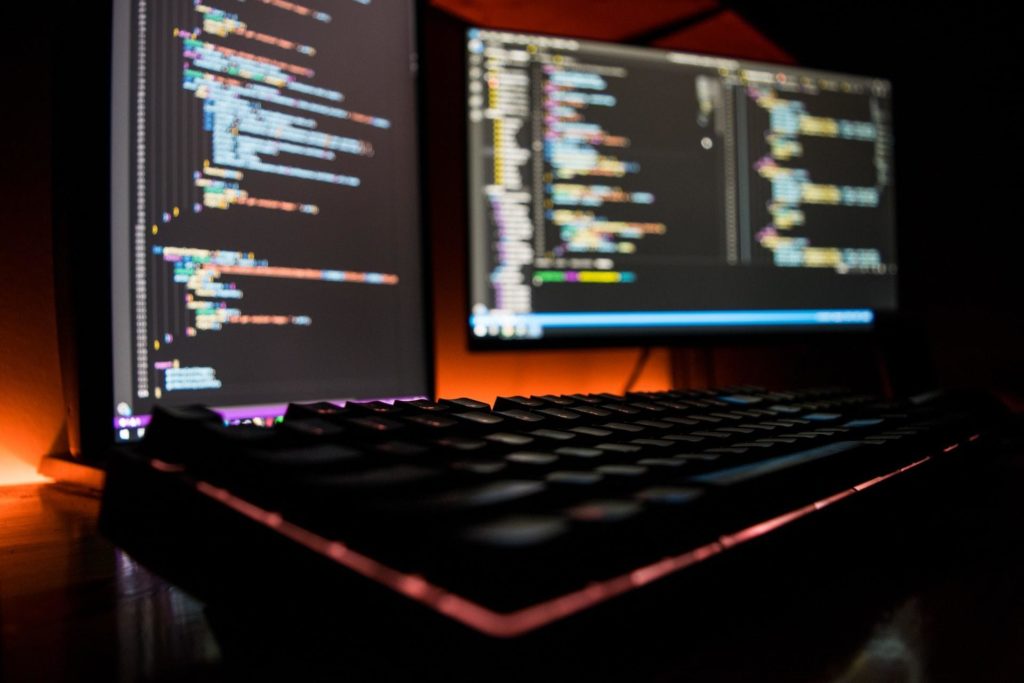On Monday, October 4th 2021, something quite exceptional happened that did not go unnoticed by Seravo’s customers. Facebook and other social media services it owns, including WhatsApp and Instagram, didn’t work at all last night. The problem only disappeared after midnight (UTC time), when Facebook was able to get back on the lines.
A detailed explanation of the events leading to the outage may take awhile to form, but it has been speculated that the problem was due to an error in Facebook’s network routing – more specifically, the BGP protocol, which takes care of routing between different networks.
The DNS system is often compared to an Internet phone book that looks for the correct IP address for a domain. A similar metaphor for BGP could be a map found in the phone book: what route do you have to take to get to the desired IP address?
The error resulted in a situation where Facebook, Instagram and WhatsApp were completely out of reach of the rest of the internet. At Seravo this was noticed as soon as the social media integrations of many websites gave an alarm under the monitoring of Seravo’s premium WordPress hosting and upkeep. Some sites could to be accessed throughout the Facebook outage, while some sites were only momentarily affected by the outage.
Such a disruption could leave traces in the site’s log files. You can view the logs using the features of Seravo’s own plugin. This feature can be found at Seravo’s hosting service in WordPress dashboard, see Instructions for this in Seravo’s Knowledge Bank (help.seravo.com).

Ensure Your Site’s Operations
A social media plugin is often a nice add on any site, but it is by no means the most important part of a website. In worst case scenario, such a small feature – or its malfunctioning – can crash the entire site if social media feed is not loaded. The unavailability of externally loaded resources can also be experienced by website visitors on the site as slow download times.
If some of your website’s content is fetched from external sources, keep at least two things in mind in website development:
- Timeout – Do not let the request hang indefinitely, but set a maximum execution time for it. No ideal recommended amount of seconds exists, so the execution time should be determined on a case-by-case basis. How fast should an external system respond in a normal situation?
- Error Handling – Tell what should be done if a resource cannot be used. For example, this could be a message that social media feed can’t be loaded right now, instead of endlessly trying to retrieve the contents of a social media feed. The implementation should be able to handle the error without crashing the entire site.
Outages similar to what happened in October are rare, but by no means unusual. There were also global outages in Google services in 2020.
While many things appear to be rolling from day to day on their own, the systems we use are not perfect. That’s why it’s good to stop and think of the bigger picture every once in a while, and be prepared in advance for any possible errors – even the unexpected situation of the world’s biggest social media giant suddenly going offline.
All sites at Seravo’s premium WordPress hosting are monitored 24/7, and each site is reviewed at least every 5 minutes (every 2 minutes for WP Corporate and WP Enterprise plans). If an error is detected on the site, our system administrators will review it. We will promptly correct any disruptions to the server environment and will notify you by email of any issues that require your action. Learn more about how Seravo monitors your site.

